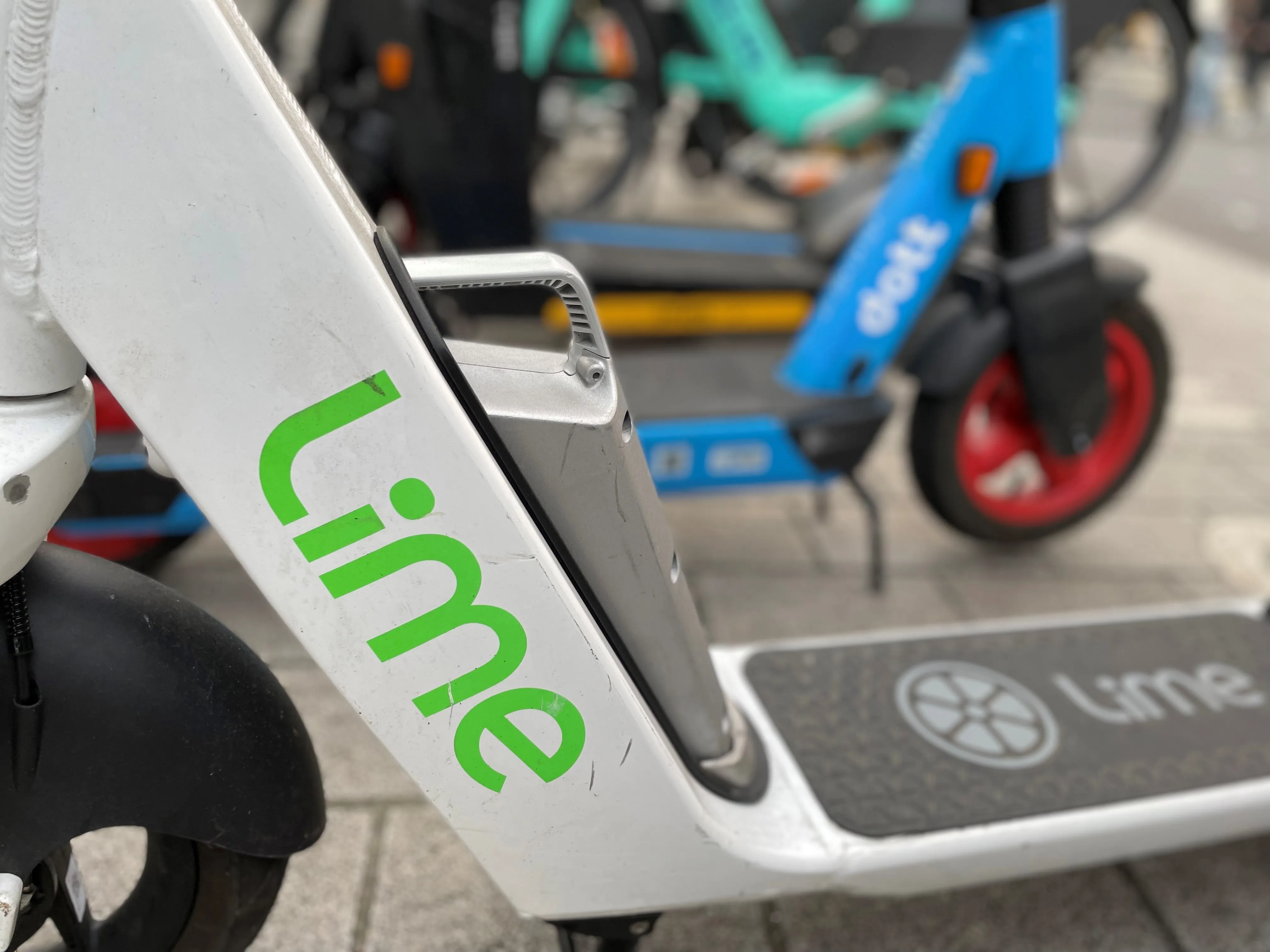
The Parliamentary Advisory Council for Transport Safety (Pacts) has recommended that the UK government introduces mandatory helmets for e-scooter riders and a minimum age of 16 for their use.
A nine-month research project, which involved hospitals, police, NGOs and industry stakeholders, suggests that e-scooters should be regulated as motor vehicles.
While there are numerous legal shared scooters in many UK cities, private ones are illegal and should only be used on public land. However, many users either do not know this, or simply ignore the ban.
The European Transport Safety Council (of which Pacts is a member) suggests that this means injured riders of private e-scooters may be reluctant to report a crash to the police for fear of punishment.
"Underreporting of crashes is therefore likely to be a bigger problem for e-scooters in the UK than for other modes," ETSC says.
Several European Union countries are addressing e-scooter safety, with Belgium planning to introduce a minimum age of 16 and a ban on passengers and pavement riding in the next few months.
What are legal recommendations for UK e-scooters?
Maximum possible top speed of between 10mph-12.5mph (16-20km/h)
Maximum continuous rated motor power 250 W
Anti-tampering mechanisms should be included in construction, with tampering prohibited by law
Maximum unladen weight of 20kg
Minimum front wheel size of 12 inches (30.5cm) and minimum rear wheel size of 10 inches (25.5cm)
Two independently controlled braking devices
Lighting to be mandatory at all times
An audible warning device to be mandatory
Helmet wearing to be mandatory
Rider age limit of at least 16 years
Riding on the pavement to be prohibited
Carrying of a passenger to be prohibited
Drink driving, dangerous or careless riding, and mobile phone use to be prohibited
In-person rider training recommended
E-scooters should be regulated as motor vehicles
Public liability insurance for riders recommended
The rider should inform the police if there is a collision involving an injury
Separately, Halfords has created a map showing where e-scooters are legal in the world.








